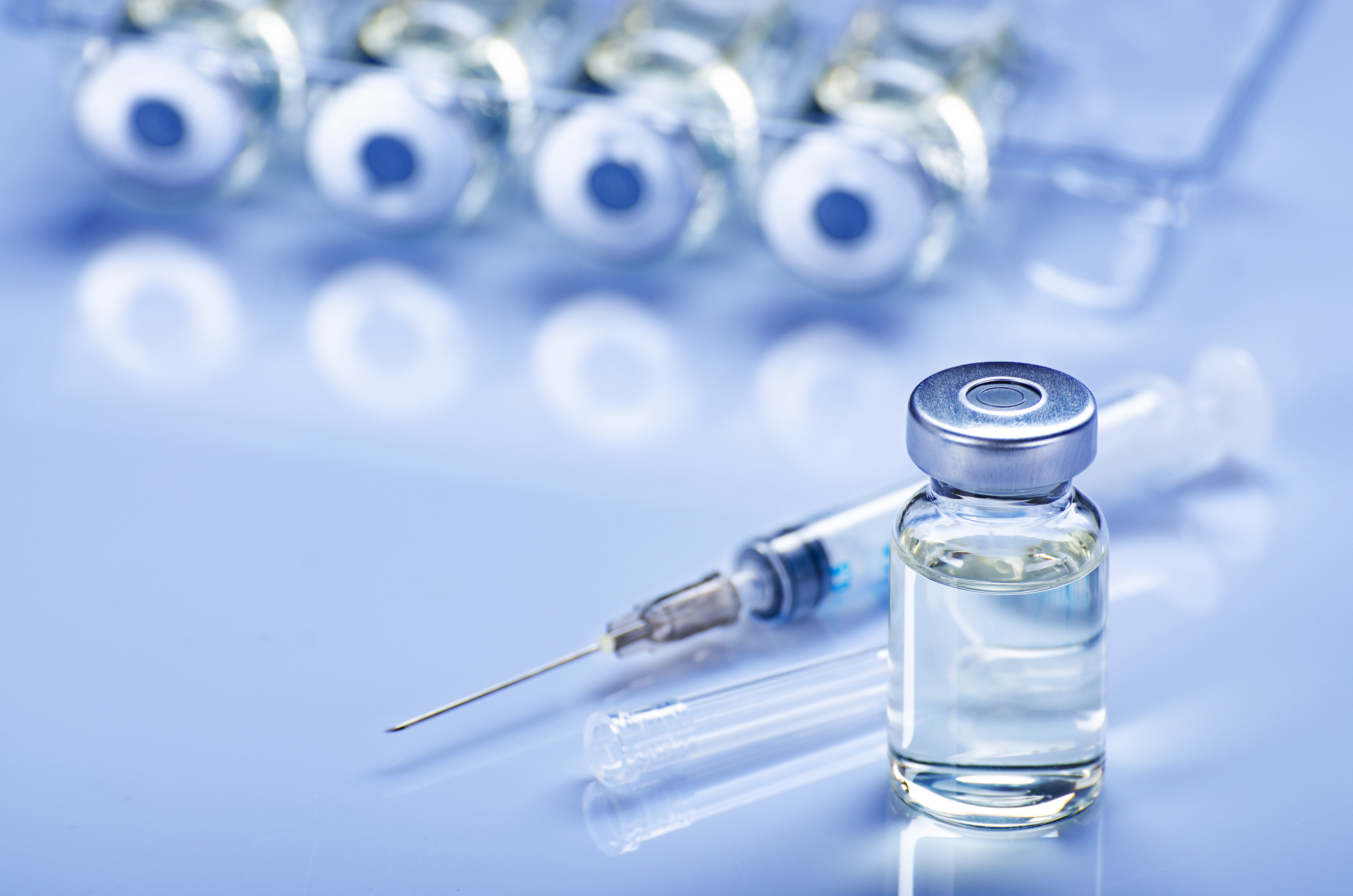Antibody responses to new SARS-CoV-2 variant infections and vaccinations are powerfully shaped by prior exposures to earlier SARS-CoV-2 vaccines, according to a new study from the Perelman School of Medicine at the University of Pennsylvania.
In the study, published today in Immunity, the researchers analyzed antibody responses in people infected with or vaccinated against the relatively new SARS-CoV-2 variants BA.5 and XBB. They found that even though BA.5 and XBB are very different from the original “ancestral” version of SARS-CoV-2, the responses to these newer variants came almost entirely from the B cell repertoire that was already in place due to prior vaccinations against the ancestral strain.
The good news is that these responses efficiently prevented BA.5 and XBB variants from infecting cells, which likely explains why BA.5 and XBB boosters protect recipients against severe illness from these new variants. Yet the findings underscore the power of an initial viral exposure, like from the initial SARS-CoV-2 vaccines, to shape immune responses to new variants even years later.
“Detailing how SARS-CoV-2 immune history influences the antibody response to new variants, through studies such as this one, will ultimately help us design more effective vaccines,” says study co-senior author Scott Hensley, PhD, a professor of Microbiology at Penn Medicine.
The study’s other co-senior author was E. John Wherry, MD, PhD, the Richard and Barbara Schiffrin President's Distinguished Professor, Director of the Institute for Immunology, and Chair of the Department of Systems Pharmacology & Translational Therapeutics at Penn Medicine.
The study’s central finding was that, despite the many differences between BA.5 and XBB and the ancestral variant, antibody responses to these newer variants—even with multiple exposures—almost always targeted sites on the virus that had not changed since the ancestral version of the virus. In individuals with exposures to XBB—the more mutationally “distant” variant—the researchers did detect low numbers of antibodies that hit XBB-specific sites. The immune responses to the variants were highly dependent on the original B cell repertoire induced by the ancestral SARS-CoV-2 strain—and on the ability of those cells to cross-react with BA.5 and XBB variants.
The researchers found that individuals who initially had lower numbers of B cells elicited by the ancestral variant were more likely to produce totally new, variant-specific antibodies. More importantly, the researchers found that people who had high numbers of B cells against the ancestral SARS-CoV-2 strain were more likely to mount effective immune responses, which were mostly cross-reactive, to the BA.5 and XBB variants.
The phenomenon in which an initial antibody response to a virus dominates and delimits the response to later strains of the same virus is called “immunological imprinting,” or “original antigenic sin.” It has been described for decades, mostly in relation to influenza virus infections. One concern is that imprinting could potentially blunt the immune responses against newer virus strains in people with histories of exposure to prior strains. Given the striking ability of SARS-CoV-2 to evolve new variants, researchers have begun to detail imprinting’s effects in the SARS-CoV-2 context.
In the study, the researchers examined imprinting’s effects on antibody responses to SARS-CoV-2’s BA.5 and XBB variants. The two highly transmissible variants began circulating in 2022 and contain many changes from the original ancestral SARS-CoV-2 virus. Booster vaccinations against these variants were introduced in 2022 and 2023.
“Prior vaccinations are highly beneficial for establishing memory B cells that can be rapidly recruited to produce neutralizing antibodies against new SARS-CoV-2 variants,” Hensley says.
The main implication of the findings, according to the researchers, is that immunological imprinting from the original ancestral SARS-CoV-2 strain has a significant impact on the antibody responses to the BA.5 and XBB variants and boosters based on them. Those responses still appear to be protective, but it is unclear that that protection will remain robust as SARS-CoV-2 variants continue to evolve. Thus, the researchers say, the effect of immune imprinting on SARS-CoV-2 responses should continue to be monitored with further studies.
“Most people alive today have been immunologically imprinted by ancestral SARS-CoV-2, but that will inevitably change as time goes on,” Hensley says, “We need to continue studying how different prior exposures impact immunity to new variants that come down the road, and how this immunity affects viral evolution.”
Support for the study was provided by the National Institutes of Health (75N93021C00015, U19AI082630, AI105343, AI108545, AI155577, AI149680), the Parker Institute for Cancer Immunotherapy, the Burroughs Wellcome Fund and the Boehringer Ingelheim Fonds.
Source: Penn Medicine
